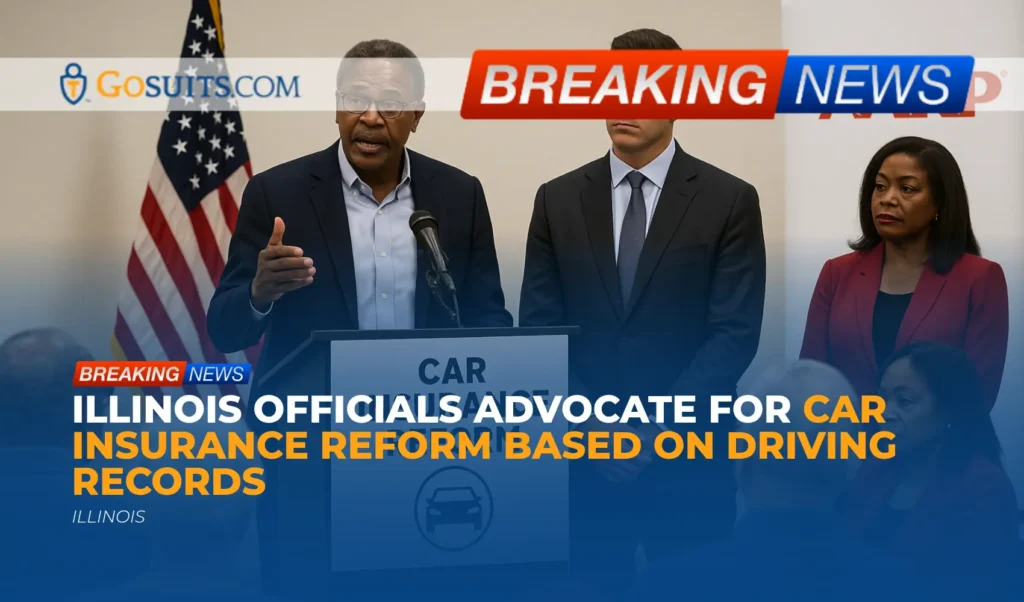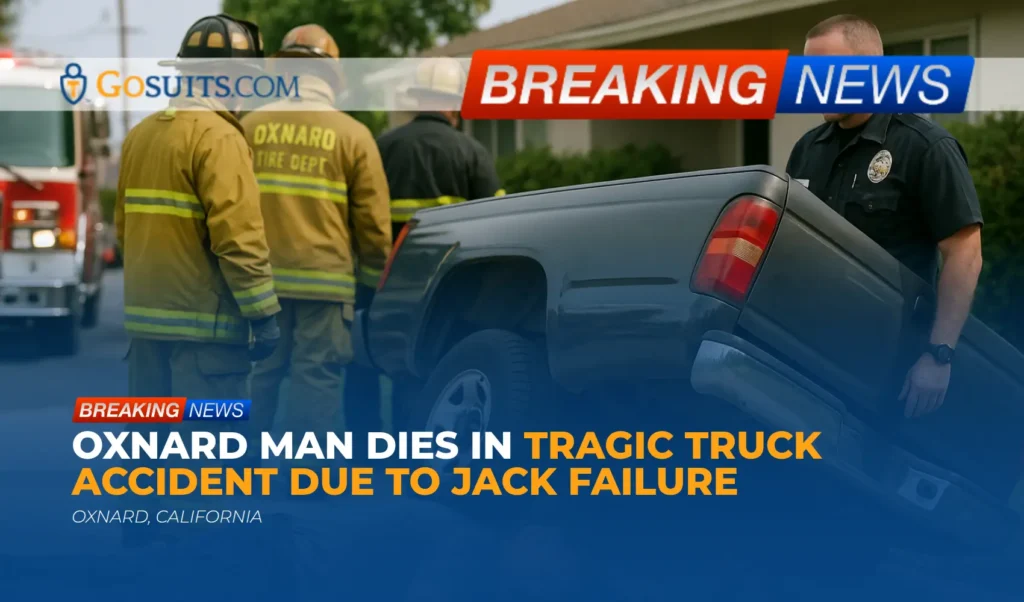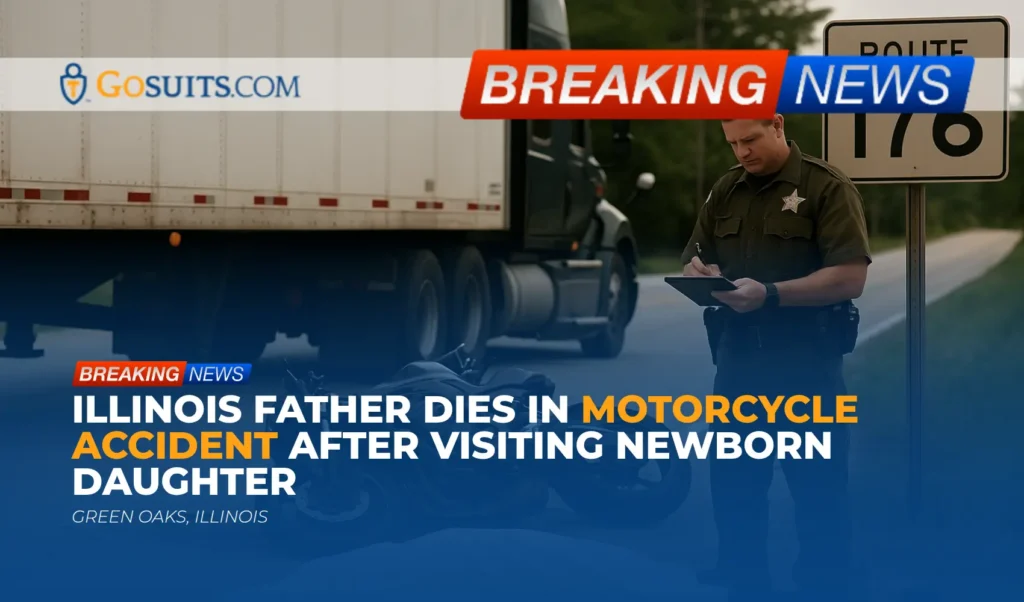Illinois Secretary of State Alexi Giannoulias and AARP Illinois are joining forces to address concerns about potential price discrimination in car insurance rates. They are urging Illinois residents who believe they have been unfairly charged due to factors unrelated to their driving record, such as age, credit score, or ZIP code, to share their experiences. This initiative is part of a broader push for legislative change aimed at reforming how car insurance is priced in the state.
The Push for Change: Focusing on Driving Records
Secretary of State Giannoulias emphasizes the need to base car insurance rates primarily on driving records. He argues that high car insurance costs can incentivize individuals to drive illegally without insurance, posing significant safety and economic justice concerns. Driving without insurance is illegal in Illinois, as it is in every state except New Hampshire. Giannoulias highlights that this issue extends beyond personal finances, affecting road safety for all Illinois residents.
Sharing Experiences and Engaging with Legislators
To gather more information and galvanize support for reform, the Secretary of State’s office has launched a “Driving Change” website ([https://www.ilsos.gov/special/driving_change/home.html](https://www.ilsos.gov/special/driving_change/home.html)). This platform allows individuals to share their stories and connect with legislators to voice their concerns. Additionally, town hall meetings are planned across the state to facilitate direct dialogue between policymakers and the public.
Town Hall Meeting Details
Several town hall meetings have been scheduled in the Chicago area:
- August 20 — 6 p.m. at Bright Star Church, 735 E. 44th St. in Grand Boulevard.
- August 26 — South suburbs (specific location to be announced).
- September 22 — West Side (specific location to be announced).
Exact times and locations for the South Suburbs and West Side town halls will be posted on the “Driving Change” website as they become available.
AARP Illinois’ Stance on the Issue
Philippe Largent, AARP Illinois’ state director, supports the initiative, noting that older drivers in Illinois are generally safer drivers and their insurance rates should reflect this. AARP Illinois aims to help develop criteria that ensure safe drivers are not penalized for non-driving-related factors. The organization advocates for a fairer system that prioritizes driving history over demographic or socioeconomic factors.
Historical Context: The 2019 Sun-Times Investigation
A 2019 investigation by the Chicago Sun-Times Watchdogs shed light on the issue of price discrimination in Illinois car insurance. The investigation revealed that factors such as gender, ZIP code, renting versus owning a home, and occupation could significantly impact insurance rates, even when comparing individuals with similar driving records and vehicles. This investigation underscored the potential for systemic inequities in the pricing of car insurance.
Socioeconomic Factors and Insurance Premiums
Data analyzed last year by MarketWatch highlighted disparities in insurance premiums across Illinois. The most expensive average annual auto insurance premium for a married 35-year-old driver with a clean driving record and good credit was found in the 60624 ZIP code, a predominantly Black area on Chicago’s West Side, at $2,643. This finding underscores the impact of non-driving, socioeconomic factors on insurance costs.
Factors Influencing Insurance Prices
Non-driving, socioeconomic factors commonly used in determining auto insurance prices include:
- Credit score
- Age
- ZIP code
- Marital status
- Education
- Profession
- Home ownership
- Gender
Consumer groups argue that the use of these factors can lead to unfair situations, such as a person with a DUI but excellent credit receiving a lower insurance rate than a safe driver with poor credit.
The Insurance Industry’s Perspective
The insurance industry maintains that using a wide range of factors, including credit scores, allows for more accurate risk assessments. They argue that limiting the data insurers can use to set rates would result in higher prices for some drivers. The Illinois Insurance Association, American Property Casualty Insurance Association, and the National Association of Mutual Insurance Companies have expressed their support for transparency in pricing but emphasize the importance of preserving Illinois’ competitive insurance marketplace. They caution against efforts that might drive companies out of the state and lead to increased premiums for the majority of policyholders.
These industry groups assert that insurers are prohibited from using race, income, religion, or ethnicity in setting rates in Illinois and nationwide.
Rising Insurance Costs and Legislative Efforts
Despite these regulations, car insurance costs are rising. Secretary Giannoulias cited projections from Insurify indicating that Illinois auto insurance rates increased by 18% in 2024 and are expected to rise another 4% this year.
Previous attempts to pass legislation outlawing the use of non-driving factors in calculating car insurance costs have met with limited success in Springfield. Consumer advocates advise drivers to shop around for better rates and consider bundling home and auto insurance for discounts. Additionally, good drivers can explore telematics programs offered by insurers, which track driving habits via a phone app or device, potentially leading to discounts in exchange for some privacy.
Tips for Saving on Car Insurance and Protecting Yourself
The article also provides practical advice for Illinois drivers on how to save on car insurance and protect themselves, especially those in the nonstandard insurance market or those seeking standard coverage.
Nonstandard Insurance Customers
Drivers with DUIs, numerous speeding tickets, or a history of accidents often find themselves in the nonstandard insurance market. Good drivers with poor credit may also need to rely on nonstandard insurance. Here’s what to keep in mind:
- Read policy terms carefully: Some companies may cancel policies for non-disclosure of household members, even non-drivers.
- Disclose work-related vehicle use: Claims can be denied if vehicles are used for purposes not disclosed, such as food delivery.
- Report accidents immediately and obtain a police report: Nonstandard insurers may have very short deadlines for filing claims.
- Improve your credit score: A better credit score can lead to better insurance options in the future. Organizations in Chicago, like Ladder Up and YWCA Metropolitan Chicago, offer free credit education resources.
Good Drivers with Good Credit
For drivers who qualify for standard or preferred coverage, here are some tips:
- Get more than the minimum coverage: The state minimum liability coverage ($25,000/$50,000/$20,000) may not be sufficient in the event of a serious accident. Aim for higher coverage limits and consider an umbrella policy for additional protection.
- Avoid lapses in insurance coverage: Coverage gaps can push you into the nonstandard market.
- Bundle insurance policies: Bundling home, renters, or life insurance with auto insurance can often lead to discounts.
- Shop around: Use online price quote tools and look for additional discounts through union memberships, employers, or safe-driver courses.
- Consider telematics programs: These programs can offer significant discounts but involve tracking driving habits.
- Adjust coverage for older cars: If your car is older, dropping collision and comprehensive coverage may save you money.
- Take photos after an accident: Document the scene, including the other driver’s insurance card, license plate, and VIN. File a police report promptly.
Staying Informed
Staying informed about your insurance options and rights is critical. Resources like the Illinois State Police website offer valuable information on crash reports.
Commentary from Gosuits Chicago, Illinois Personal Injury Attorney
The issues raised by Secretary of State Giannoulias and AARP Illinois underscore the complexities and potential inequities within the car insurance industry. The use of non-driving factors to determine insurance rates can disproportionately affect certain communities and individuals, raising concerns about fairness and economic justice. While the insurance industry argues that these factors are necessary for accurate risk assessment, the experiences shared by Illinois residents highlight the need for a system that prioritizes driving safety and equitable access to insurance.
It is important for individuals who have been injured in a car accident to understand their rights and explore all available avenues for compensation. The complexities of insurance policies and liability laws often require a skilled and seasoned legal professional to navigate successfully.





